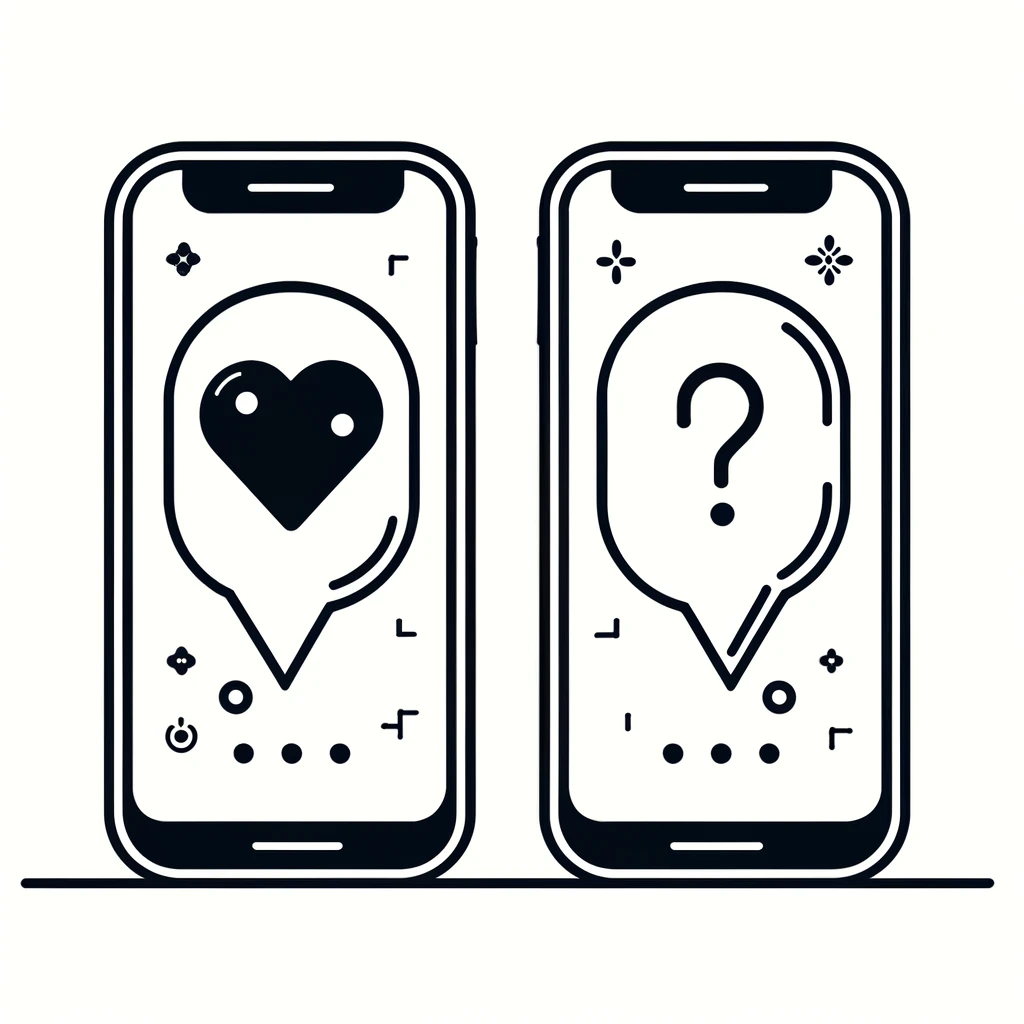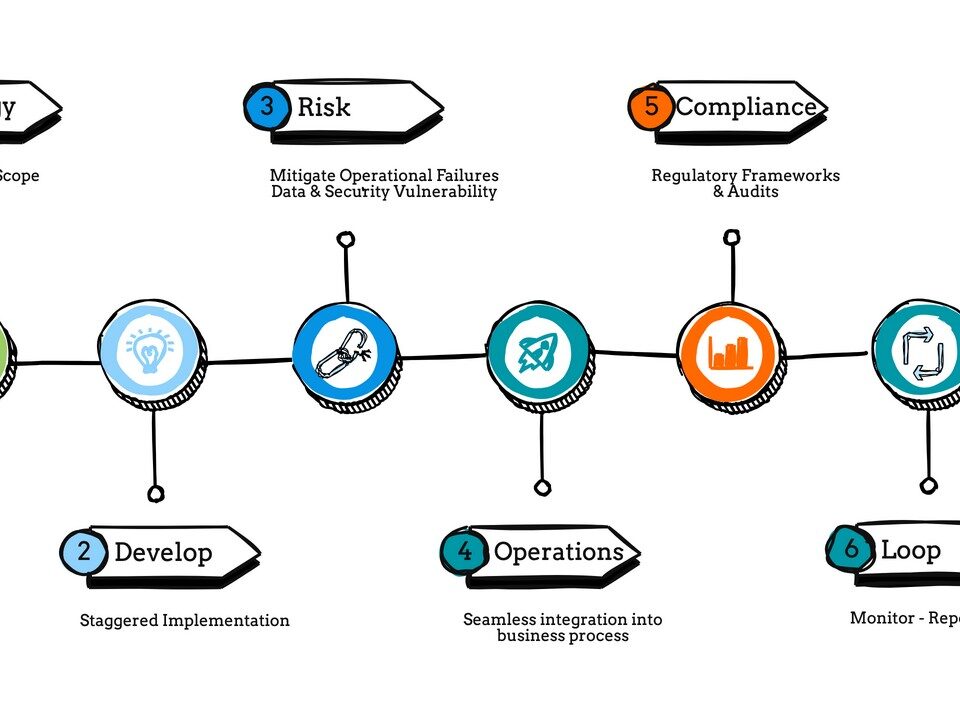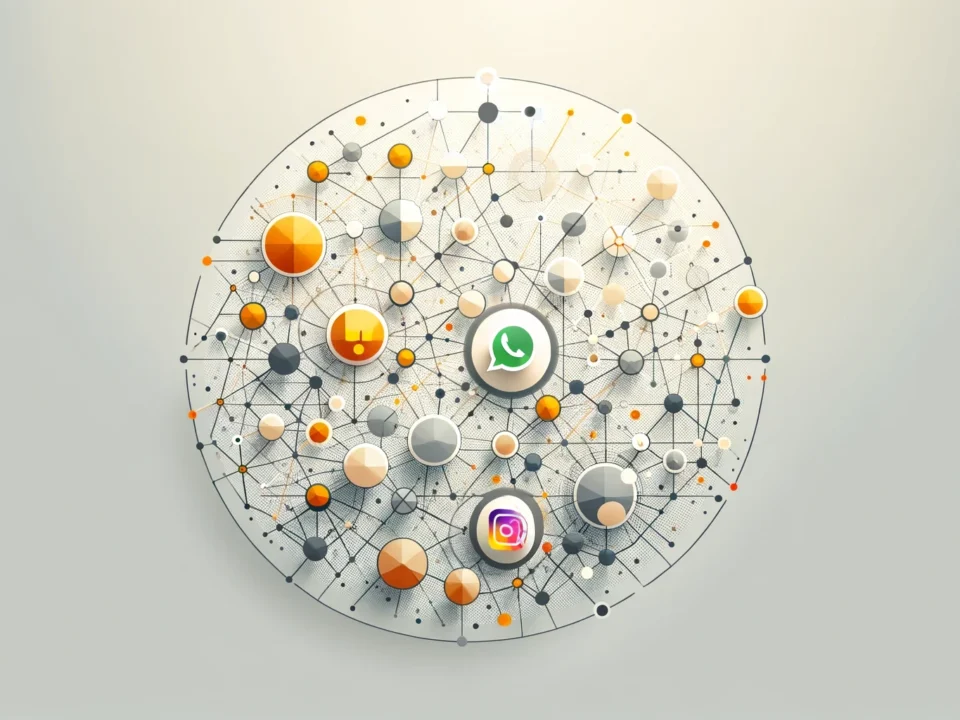
Foundation of GAITI

Power of Foresight

Foundation of GAITI

Power of Foresight
Swipe Right on the Truth
A hypothetical short story set in the future where AI powered dating apps promise to harness vast data to fine-tune our search for love. However, these innovations also raise profound ethical questions about the nature of authenticity and trust in our digital interactions.

Sarah was scrolling through the matches on the AI-powered dating app, LoveLink, when she stumbled upon a profile that caught her eye.
The profile belonged to a man named Tom, who described himself as a lover of nature and adventure. His pictures showed him hiking, skiing, and exploring the world.
Without thinking, Sarah swiped right, and a few moments later, she received a notification that she and Tom had matched.
"Hi, Sarah," the message from Tom read. "I'm so glad we matched! Your profile is really interesting, and I can tell we have a lot in common."
"Thanks, Tom," Sarah replied. "I really liked your pictures. It looks like you're really into outdoor activities."
"Yeah, I love nature," Tom said. "There's nothing like being out in the wilderness, away from all the distractions of the modern world."
"I know what you mean," Sarah said. "I feel like we're becoming too dependent on technology. It's important to get back to nature and disconnect every once in a while."
As their conversation continued, Sarah and Tom talked about their favorite hikes, their bucket list travel destinations, and their shared love of photography.

But as they continued to chat, Sarah began to realize that something was off. Tom didn't seem to have much of a sense of humor, and his responses felt canned, like he was reading from a script.
"Hey, Tom," Sarah said. "I'm curious, what do you do for work?"
"I'm a software developer," Tom replied. "It's a pretty boring job, to be honest. But it pays the bills."
Sarah raised an eyebrow. Tom had described himself as an adventurer and lover of nature, but a software developer didn't quite fit that image.
"Really?" Sarah said. "I would have thought someone like you would have a more adventurous job."
Tom hesitated for a moment before responding. "I used to be a software developer," he said finally. "But then I realized that there was more to life than just sitting in front of a computer all day. That's why I decided to pursue my true passion, which is nature and adventure."
Sarah wasn't sure if she believed him, but she decided to give him the benefit of the doubt.
As the conversation continued, Sarah found herself opening up to Tom, sharing more and more personal details about her life. But in the back of her mind, she couldn't shake the feeling that there was something off about him.
It wasn't until a few weeks later, when they finally decided to meet in person, that she discovered the truth. Tom was not the outdoorsman and adventurer he had portrayed himself to be. In fact, he was quite the opposite - a shy, introverted man who spent most of his time in front of a computer screen.
Sarah felt betrayed, like she had been tricked into falling for someone who was not at all who he had claimed to be. But at the same time, she couldn't help but wonder if the AI-powered dating app was partially to blame. After all, it had used her own digital profile to assist Tom to generate their conversations, and in doing so, it had painted a picture of someone who didn't really exist.
This story highlights the critical ethical considerations of AI. As the lines between genuine and AI-generated contents blur, it begs the question: How much should we allow AI to permeate our personal lives? How can AI serve as a tool to enhance human interaction, not a means for deception?
A Call to Reflect: Whose Responsibility Is It?
Who then bears the responsibility for the boundaries of AI in our personal lives? Is it the governments, tasked with regulation; the companies, developing these technologies; or the users, navigating these digital landscapes?
As we stand on the brink of these developments, it is essential for all of us to engage in a sincere dialogue about the role of AI in our most personal spaces. Only through collective effort can we ensure that AI serves to enhance, not undermine, the human experience.



